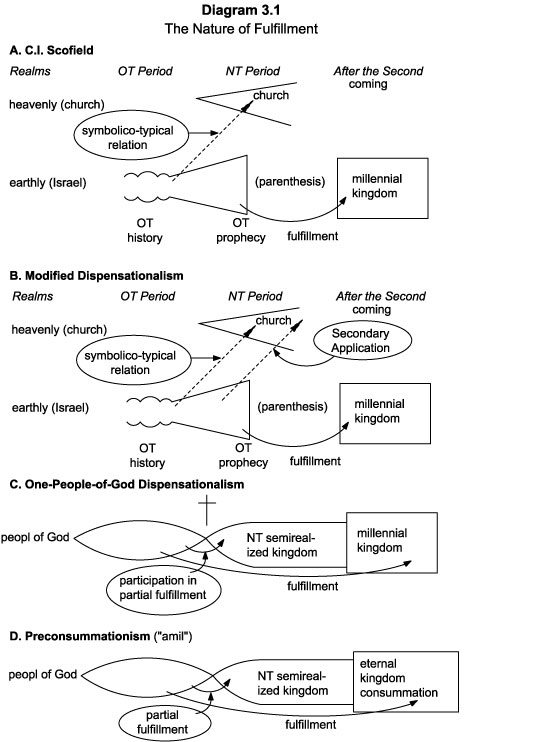RamistThomist
Puritanboard Clerk
I'm sorry Bayou, but that is completely wrong. It has been and always will be Jesus Christ that structures the Bible narrative. It's always been about Him.
Not sure how that disagrees with anything I said. Classically Reformed people have a broader understanding of eschatology. For evangelicals, eschatology means Left Behind. For the historic Reformed, eschatology means the unfolding of God's promises in history.


